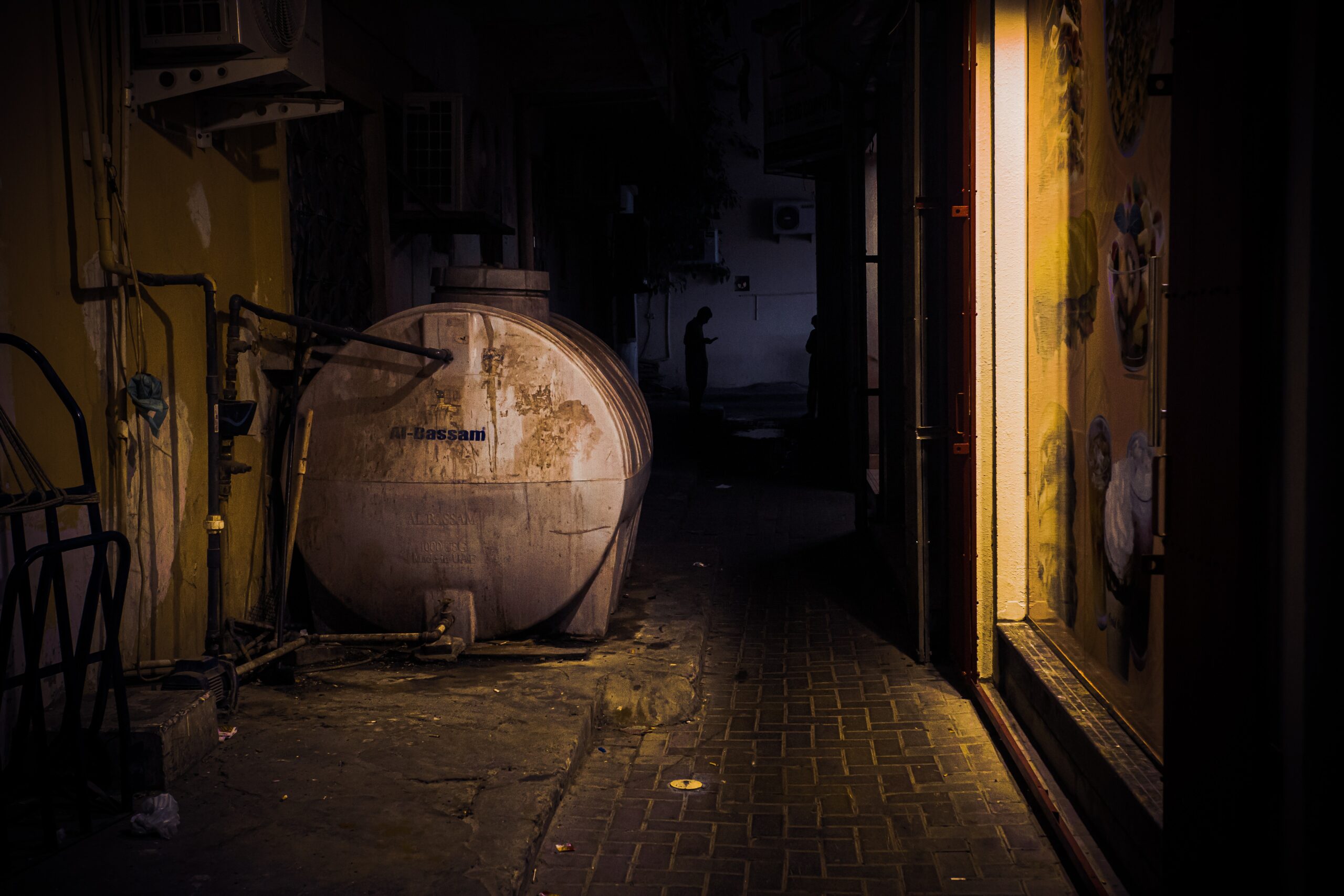
We here at Mainline Heating & Air have already gone in-depth about why dehumidifiers are important to any home. Indeed, their ability to deter mold and mildew growth is particularly useful when it comes to keeping your basement in good condition. Considering how important they are, you’ll want to make sure that you pick the best one possible. So how do you go about doing this?
There is a multitude of different factors to consider when choosing a basement dehumidifier. So much so that it can be quite difficult to choose from the vast number of options. This is especially if you aren’t really that familiar with this type of technology. To help you out with this, we’ve put together a list of the most important factors to take into consideration when buying a basement dehumidifier.
Type of Dehumidifier
The first thing you’ll want to consider is the type of dehumidifier. There are only two main types: portable units and whole-house systems. For the most part, you will rarely ever need to use a whole-house system dehumidifier for your basement. A commercial or industrial-strength portable dehumidifier should be enough even for the biggest basements.
Basement Size
Speaking of big basements, the size of the space will dictate what dehumidifier you should get. A good rule of thumb would be to have a dehumidifier that holds 10 pints of water for a 500 square foot space. For every additional 500 square feet of space, just increase the capacity by 4 pints. So if your basement is 1,500 square feet, then you will need a dehumidifier that can hold 18 pints of water. Take note that basements that are more damp than usual will need dehumidifiers that can hold more moisture.
Drainage
All that moisture has to go somewhere. This is why you’ll want to be particular when it comes to the drainage system of the basement dehumidifier. The most common type of drainage is manual drainage. This means that the water collects in a bucket that needs to be regularly emptied. If you don’t want to be inconvenienced, you’ll be glad to know that there are some dehumidifiers that have an automatic draining feature.
Dehumidifier Features
Aside from the drainage system, you’ll also want to choose a dehumidifier with features that best suit your needs. Here are a few significant features that you may want to consider for your basement dehumidifier:
- Automatic Humidistat: This is a great feature if you’re trying to maintain a specific level of humidity as it gives the dehumidifier the ability to automatically turn itself on and off to achieve the optimal humidity levels.
- Automatic Restart: Similar to the automatic humidistat, this feature automatically restarts the dehumidifier in case of power failure. This can be quite useful if you aren’t home and the power cuts out.
- Air Filter: Air filters reduce the allergens and particles in a room. This filter also keeps the components of the dehumidifier in good condition as it prevents dust and debris from getting inside.
Conclusion
Hopefully, this article helps you make a more informed decision when it comes to choosing the best basement dehumidifier. This shouldn’t be too difficult, as all you’ll really need to do is to gauge how well the dehumidifier will perform in your space. Remember, there is no one-size-fits-all solution when it comes to dehumidifiers as it will all depend on the space that you’ll be putting it in.
If you are ever in need of quality products such as dehumidifiers, Mainline Heating & Air have got you covered. Our quality products include air conditioners, heat pumps, gas furnaces, air handlers, package units, home generators, tankless hot water heaters, UV lights, humidifiers, filtering systems, and dehumidifiers. For more information, check out the rest of our website!

